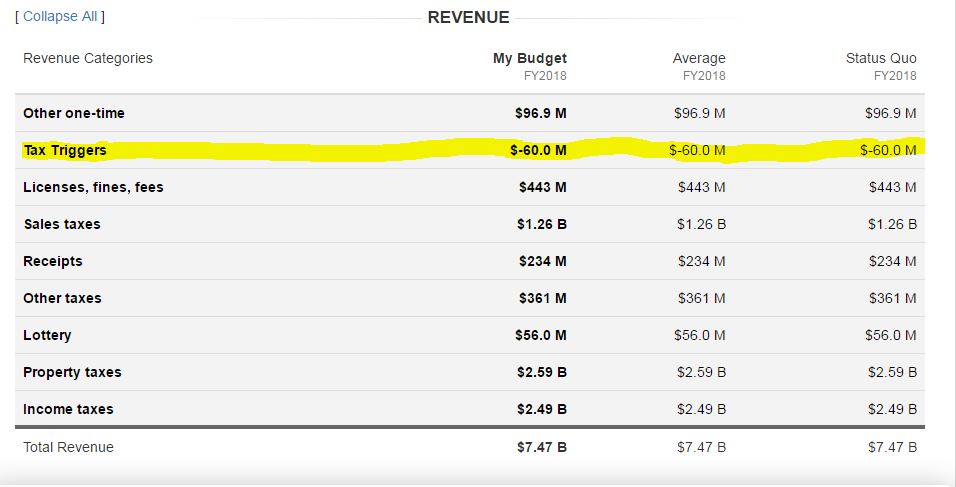Did you ever think that you could do a better job deciding how to spend DC’s money than our elected leaders can? Well, here’s your chance! Mayor Bowser recently released the DC Budget Challenge—an online tool that allows DC residents to share their priorities by showing how they would make the tough decisions to allocate the DC budget between various programs and services. And it’s not just a game: your “final” budget choices can be sent to the Mayor, so that she can hear directly from DC residents about their priorities.
I just went through the budget challenge and added money for housing, education, and homeless services. I paid for these important increases and balanced my DC budget by delaying “tax triggers,” automatic tax cuts adopted by the DC Council three years ago.
It turns out many DC residents share my priorities. So far, 63 percent of participants in the DC Budget Challenge increased funding for affordable housing and 57 percent added to education. The next most popular increases were for safety net/homelessness and job training. Economic development and Public Safety were the least valued expenditures, with more than 80 percent of participants choosing to either maintain or decrease funding. The other spending categories in the Budget Challenge are arts and humanities, environment, healthy city, infrastructure, and transportation.
By adding funding to housing, education, and homeless services, and without cutting any other services, I was left with a $55 million deficit. Typically this would be a problem, because DC’s budget must be balanced. However, the Budget Challenge shows users how the city raises revenue, reminding us that revenue increases can help balance the budget.
 One line item in the Budget Challenge’s revenue list caught my eye: tax-cut triggers. It shows that tax-cut triggers will eliminate $60 million in revenue next year.[1] But by choosing to stop these tax cuts, I could use that revenue to fund the $55 million in increases I wanted.
One line item in the Budget Challenge’s revenue list caught my eye: tax-cut triggers. It shows that tax-cut triggers will eliminate $60 million in revenue next year.[1] But by choosing to stop these tax cuts, I could use that revenue to fund the $55 million in increases I wanted.
The DC Budget Challenge reminds us that balancing the budget is not easy, that we cannot increase funding for everything we may want. And it reminds us that the choices we make on the tax side—including the decision to prioritize tax-cut triggers—limits our ability to fund the things we care about most.
I hope you’ll take the DC Budget Challenge, too. When you do, remember that you can delay tax cuts to put more towards much needed services. What are you waiting for?
[1] According to the OCFO’s most recent revenue forecast, tax-cut triggers will actually cause the District to lose $100.3 million—not $60 million—in additional revenue in FY 2018, due to higher than anticipated revenue growth.